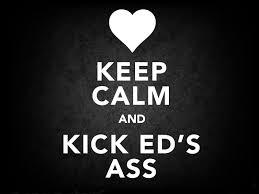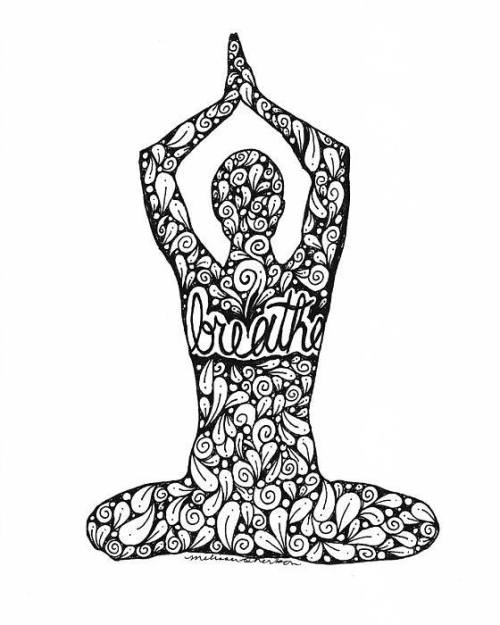First off, thanks so much to Katie for letting me feature in her fantastic blog! My story is a bit rambling, but there is a point to it, so I hope ,you manage to stay awake through it! The seeds of my anorexia were sown over 8 years ago now; at least 7 of the years since have been filled with varying levels of anxiety, guilt and torment. When I think back on that time now, I wonder whether it was my inability to trust that kept me trapped for so long; or simply a lack of information – probably a combination of both.
I should have been one of the lucky ones; I was diagnosed quickly and received inpatient treatment in Dublin, Ireland just over a year after my symptoms began in December 2007. Unfortunately, the treatment I received served only to further entrench my disordered beliefs, so that the following June – less than three months after being discharged – I presented in a significantly worse state (both physically and mentally) than I had on my initial admission. I can’t remember my exact thoughts at this time, but I do recall a determination to make an effort this time; to fight against the anorexia rather than collude with it.
Over the next year, I worked with the clinic staff as an outpatient; I followed my prescribed meal plan and gained enough weight to keep my BMI lay just out of the anorexic range. I certainly looked and felt better than I had a year previously; I went to university, made new friends, had relationships – all the standard stuff. My illness still pervaded my consciousness; body image was a big issue; meals (although nutritionally balanced) were strictly calorie counted and regimented – eating spontaneously at a friend’s house was a no-no; and stressful events were almost bound to lead to a reduction in intake. Yet I carried on eating; kept my weight (mostly) stable; and was able to lead a relatively normal life.
This is a ‘recovery’ story in itself. It’s one that you come across quite regularly in magazine articles about anorexia; and it’s one that I myself recounted to various Irish media outlets in an attempt to spread a message of hope. It’s what I genuinely believed recovery meant; no one had told me any different. So I stumbled along blindly, unconsciously waiting for something to trip me up. This didn’t outwardly manifest until my final year of university in 2011/12, but things had been bubbling under the surface for quite a while beforehand.
Gradually the rituals began to take told, even more strong than before; my thoughts turned to food 24/7 and my relationship with my loved ones eroded. I was in total denial about what was happening to me. I think I was terrified of admitting the truth. I successfully wangled my way out of a myriad of medical appointments by packing my bags and moving to London the moment university was over. The anorexia took on a life of its own, so that by the time a family member managed to convince me to visit my GP, I was unable to walk for five minutes without toppling over. It wasn’t until I was threatened with sectioning under the Mental Health Act that I was ready to admit that yes, anorexia was still very much a problem.
Thankfully, the section wasn’t necessary, and I agreed to a voluntary admission at an NHS facility in London. I was all set to make this admission something similar to my last – A.K.A get discharged at a low BMI and carry on living a pseudo-anorexic life. Thankfully, the incredible clinic staff persuaded me to change my mind. Over the year that followed, they provided me with information which I had been sorely lacking; that it is possible to make a FULL recovery from anorexia (no counting, no checking, no disordered behaviour whatsoever); that this can only happen when you reach a healthy weight (a weight that is healthy for YOU, rather than the lowest acceptable point on the BMI scale); that your brain chemistry will adjust and this won’t actually seem like the worst thing imaginable.
Of course, the information wasn’t enough to thwart the anorexia alone; I had to learn to trust. Probably one of my most frequently uttered phrases when in treatment was ‘but I haven’t trusted ANYONE before; how am I supposed to trust you?’ In retrospect, they made it easy for me. I remember in one of my earlier family therapy sessions, the therapist said ‘I believe I can get you to think about things other than food and weight’. Both my parents and I were sceptical – I had thought of little else for the past 6 years. But he was so confident. Looking back, he had every right to be – it didn’t happen overnight, but gradually other things began to take precedence.
Now, almost a year from discharge, I hardly recognise the person I became throughout my illness. I still don’t class myself as fully recovered, but I’m heading in the right direction. My weight is within a healthy range, I eat normally (as in properly normally, impromptu cupcakes on the way home from work included!) and I don’t take my emotions out on food – instead, I actually express them.
I don’t expect you to trust me implicitly by simply reading this blog post, but I hope I’ve demonstrated that there is something more than the ‘recovery’ we so often see portrayed. sometimes (with me anyway) there is a fear that looking ‘normal’ and letting go of those awful, yet strangely comforting rituals will fail to mark you out as special. Let me just say, having tried both, that ‘normal’ (despite the bad moments) beats anorexia’s ‘special’ hands down.
Thank you, Anna!! Your story has and will continue to inspire me and countless others. I am so happy that we have remained friends through the years, and I hope to visit you soon (or vice versa)!!
Thank you, Anna!! Your story has and will continue to inspire me and countless others. I am so happy that we have remained friends through the years, and I hope to visit you soon (or vice versa)!!




.JPG)


.jpeg)










.JPG)
.JPG)

.JPG)
.JPG)

.JPG)


